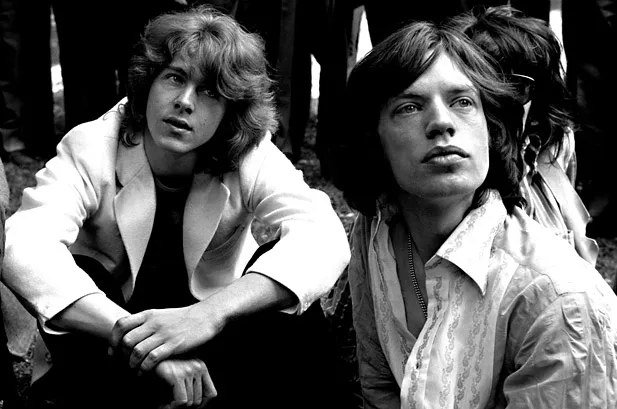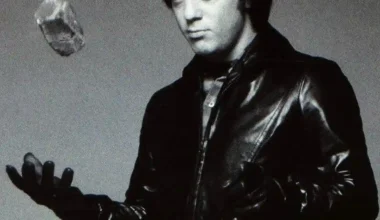Mick Taylor, one of The Rolling Stones’ most talented and enigmatic members, joined the band in 1969 after Brian Jones’ departure. He played on some of their most iconic albums, including Let It Bleed, Sticky Fingers, and Exile on Main St. However, Taylor’s departure in 1974 remains one of the band’s most debated and mysterious moments.
While opinions on his exit vary, it’s clear that a combination of factors led to his decision. According to the Stones, his departure was a surprise, happening just before the band was set to head to Munich to begin recording Black and Blue. Over time, it became apparent that Taylor’s frustrations with the band were growing—his lack of songwriting credits, issues with Keith Richards, an escalating drug habit, and the band’s chaotic lifestyle all played a role in his decision to leave.
In December 1974, Taylor publicly stated that it was time for him to move on, expressing respect for the band. However, in 2009, he offered a more candid perspective. He explained that he had felt he’d reached his limit with the band, and while the records were doing well, the band’s internal chaos made him doubt their future. He also mentioned his drug problems were becoming a concern, though Mick Jagger had suggested a six-month break, something Taylor admits he should have considered.
Veteran Rolling Stones producer Glyn Johns revealed that Taylor’s departure was largely due to the dramatic change in his behavior from drug use. Johns, who worked on Exile on Main St. during the band’s chaotic sessions in 1971, noticed Taylor’s transformation from a charming, quiet musician into an erratic, egomaniacal junkie.
Johns recalled a tense moment while mixing the album in London, when he had to remove Taylor’s overdubs on a track. Taylor, not pleased with the decision, responded dismissively, prompting Jagger to ask him to leave the studio. Johns said, “Either he goes or I go,” highlighting the growing tension between Taylor and the rest of the band.
Three years later, Taylor left the Stones, marking the end of his brief but legendary tenure with the band.







